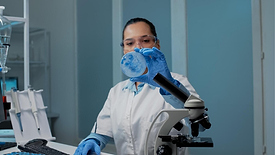Articles by Food Safety Magazine Editorial Team
BIZTRACKS
GFSI Seeking Input on Food Safety Auditor Professional Development Framework
September 19, 2024
Never miss the latest news and trends driving the food safety industry
eNewsletter | Website | eMagazine
JOIN TODAY!Copyright ©2024. All Rights Reserved BNP Media.
Design, CMS, Hosting & Web Development :: ePublishing









